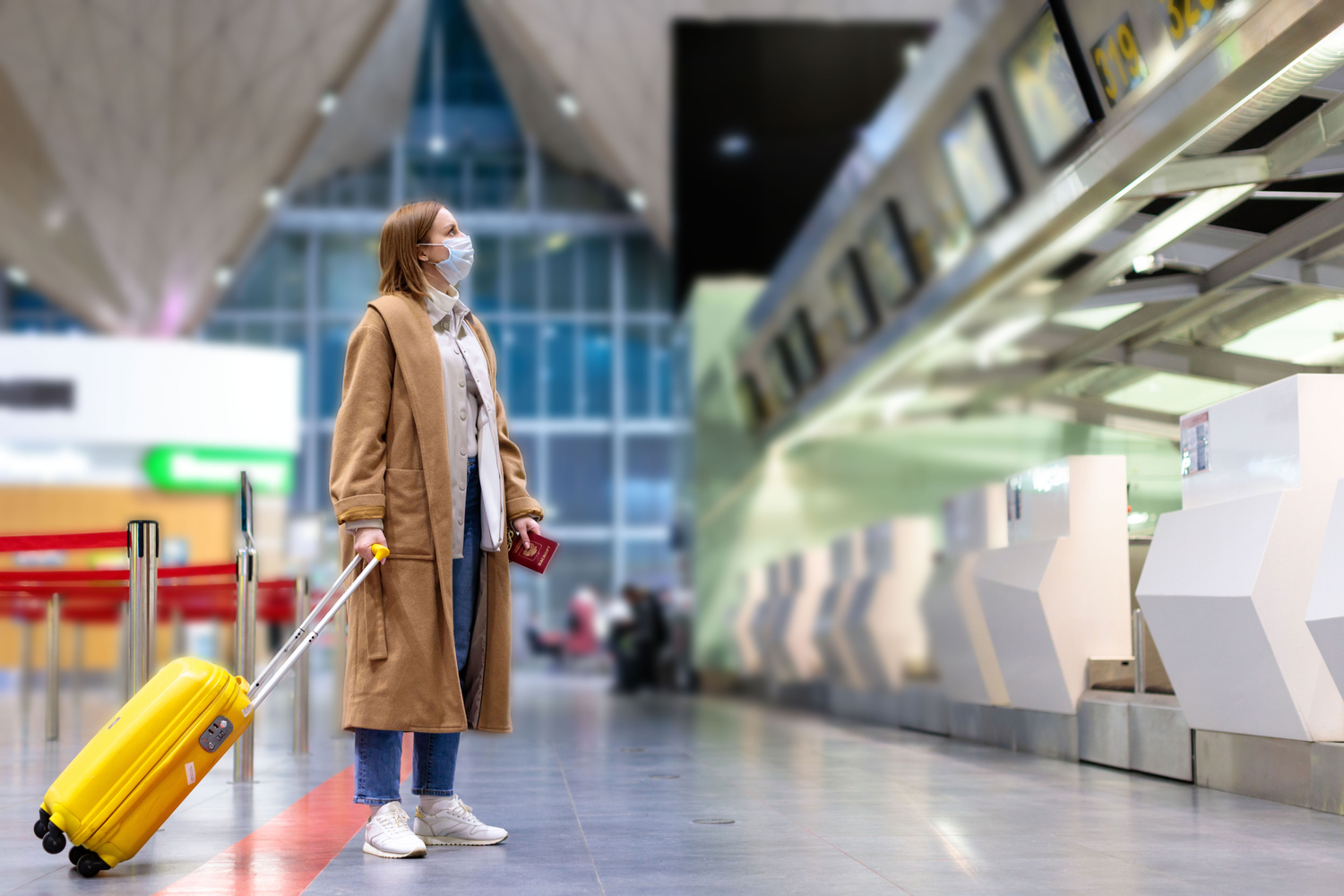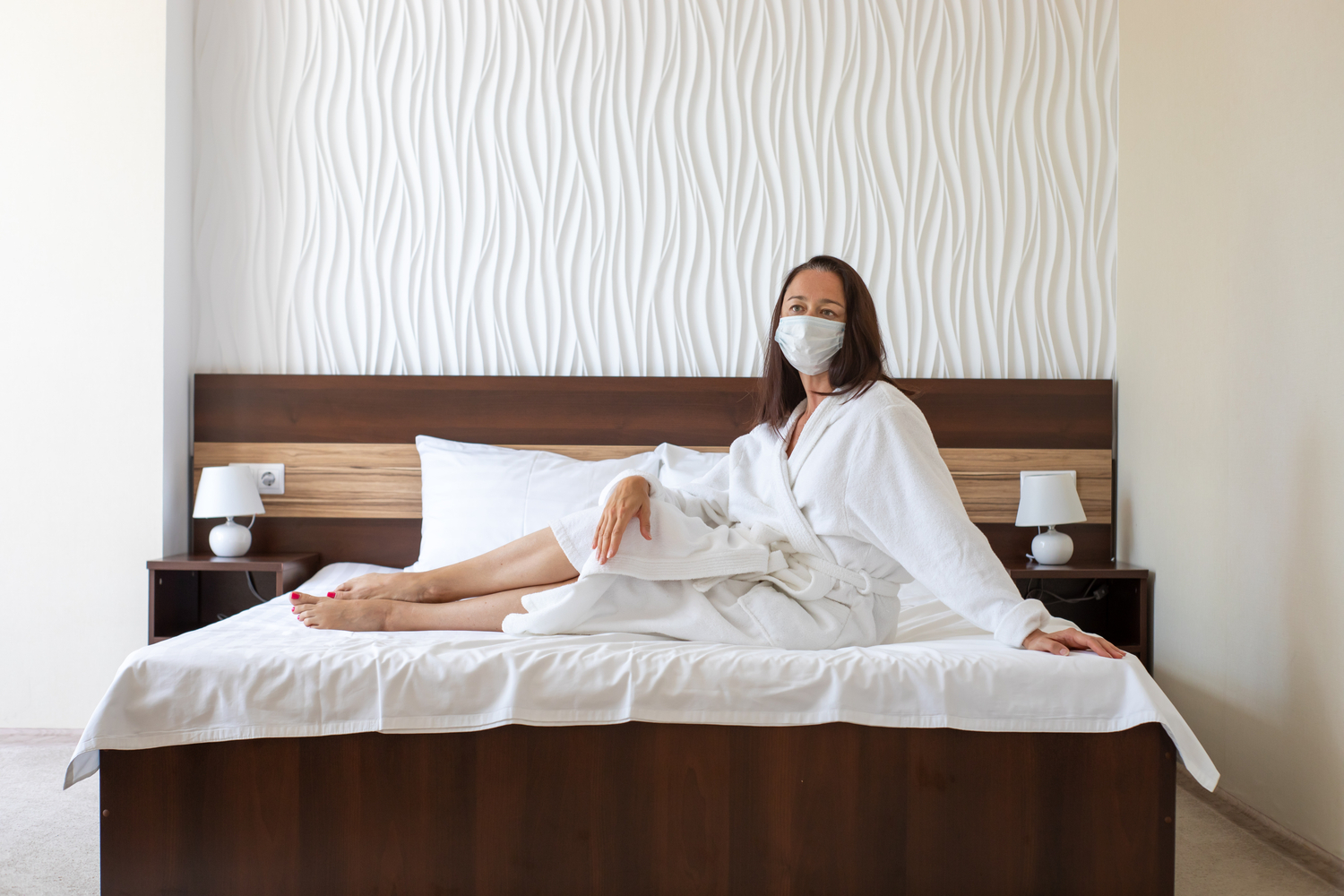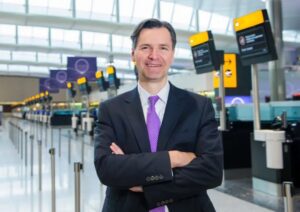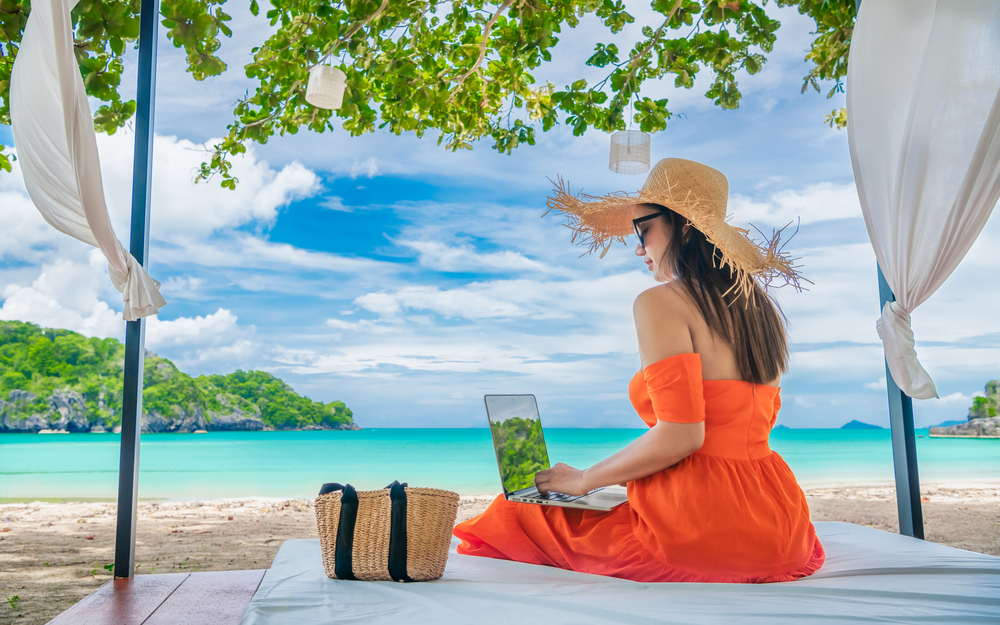Global tourism will take at least three to five years to recover from Covid-19 but players are finding innovative ways to survive the impact of coronavirus. This was revealed by a Euromonitor International report, which will be launched at WTM Virtual. The report, titled Accelerating Travel Innovations after Coronavirus, will be unveiled on day one of the event on 9 November 2020.
Post-lockdown nature-based activities such as wild camping, trekking and wild swimming are drawing more interest, the report says. It says that provided the pandemic is contained within a year and demand begins to rebound in 2021, it expects airlines to take a minimum of four years to recover, whilst lodging and intermediaries will take even longer.
Drawing on Euromonitor International’s bank of innovation concepts across 100 countries, it will reveal how the travel industry is innovating in order to survive the seismic impact of coronavirus that brought global travel and tourism to an abrupt halt in 2020.

Travel is lagging behind other sectors when it comes to recovery, according to Euromonitor’s Voice of Industry Survey, which showed travel is falling behind other industries, such as consumer goods, retail and packaging, when it comes to overall engagement with the 17 Sustainable Development Goals (SDGs) that make up the United Nation’s 2030 agenda.
There are also bigger challenges for the UK, which is also feeling the pressure from the possibility of a no deal Brexit on top of Covid-19. “The economy is forecast to contract by -11% in 2020 in the baseline scenario, with a potential rebound in 2021 of 5%, providing that there is not a prolonged period of social distancing measures,” said Caroline Bremner, head of travel research at Euromonitor International.
“Unemployment is expected to double to around 8%, which could triple if a worst-case scenario of extended business and consumer restrictions for another year. Inbound tourism receipts are expected to fall by –49% in 2020 in a best-case scenario,” Bremner added.
WTM senior director Simon Press said: “Research is an important component of the WTM Virtual experience and for the industry going forward. To assist private and public sectors to keep ahead of the game and follow all procedures to attract travellers and investment, the Euromonitor is an essential session to watch and find out the latest research, trends and data post-Covid.”

Covid-19 has taken an enormous toll on mental wellbeing as a result of regular routines replaced by confinement and social isolation. Post-lockdown has seen an uptick in nature-based activities such as wild camping, trekking and wild swimming. For example, Scotland’s Glentress in the Tweed Valley is working with Developing Biking in Scotland (DMBinS), Napier University and Scottish Borders on a therapeutic recovery programme to measure the psychological benefits of biking.
With unemployment levels expected to rise, it will be important than ever to ensure sustainable, nature-based experiences are accessible to all, including the most vulnerable groups.
65% of travel businesses in the Nordics are implementing a sustainability strategy, 10% higher than the global average, and 46% said that they were purpose driven, noticeably higher than the average.
Sustainability is also a key feature in half of the new products and services being developed in the region, infusing the triple pillars into new product development and innovation, while 80% see the value of sustainability for developing resilience.



 share
share








































